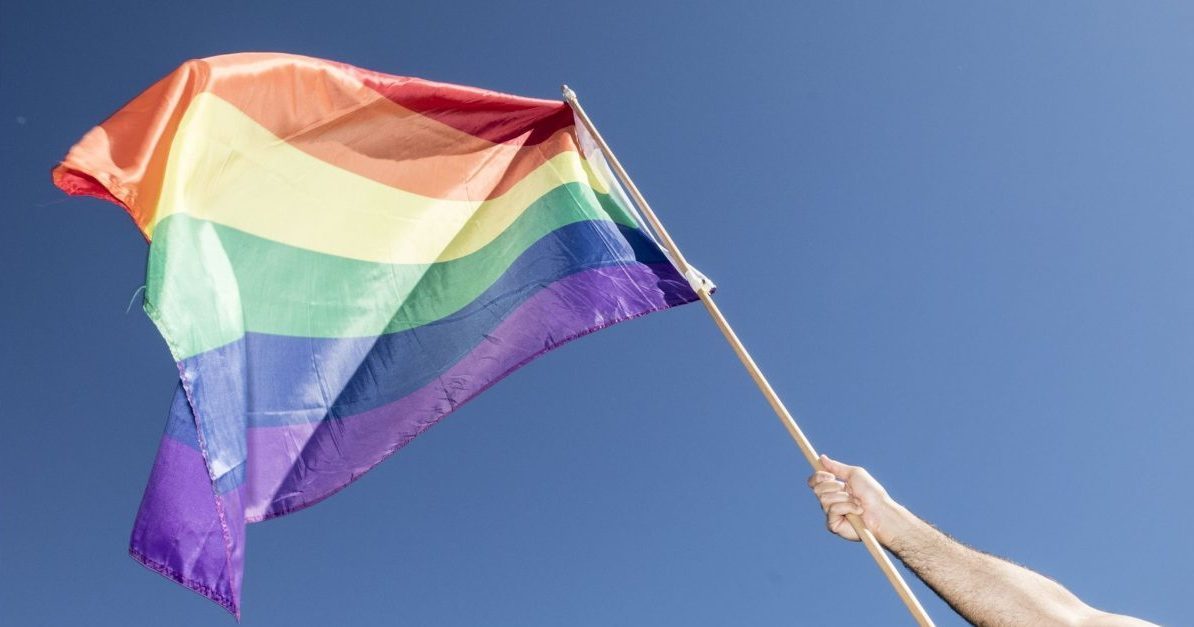
Title VII of the Civil Rights Act prohibits employers discriminating against employees on the basis of sex, but does this include sexual orientation or whether a person is transgender? These are questions the U.S. Supreme Court is poised to address, now that they have agreed to hear three new cases dealing with this issues.
On Monday, the Supreme Court granted certiorari (agreed to hear) for the cases of Bostock v. Clayton County, Georgia, Altitude Express v. Zarda, and R.G.& G.R. Harris Funeral Homes v. EEOC.
The Second Circuit Court of Appeals ruled in February 2018 in the Altitude Express case that Title VII did indeed cover sexual orientation. While the same court had said otherwise in the past, the decision in that case said that “legal doctrine evolves.” Three months later, however, the Eleventh Circuit said the opposite in the Bostock case. The Supreme Court has now consolidated the two cases and will decide them both together.
The Harris Funeral Homes case deals with whether an employer can discriminate against an employee because they are transgender, or over sex stereotyping. The Supreme Court agreed to here the case, limited to the issue of : “Whether Title VII prohibits discrimination against transgender people based on (1) their status as transgender or (2) sex stereotyping under Price Waterhouse v. Hopkins, 490 U. S. 228 (1989).” A U.S. District Court judge ruled that the funeral home did not violate Title VII by firing its director after she told them she was going to be transitioning from male to female but the Sixth Circuit Court of Appeals reversed the decision in March 2018 .The Funeral Home claimed that they were acting within the owner’s religious freedom, but the appellate court did not accept that as a sufficient defense.
That case also involved the funeral home’s dress code, in which they provided uniforms for male employees who dealt with the public, but not for females. The Equal Employment Opportunity Commission claimed that this was discriminatory, and the Sixth Circuit agreed that they brought a valid claim. The Supreme Court will not be addressing this issue.
[Image via Cole Bennetts/Getty Images]